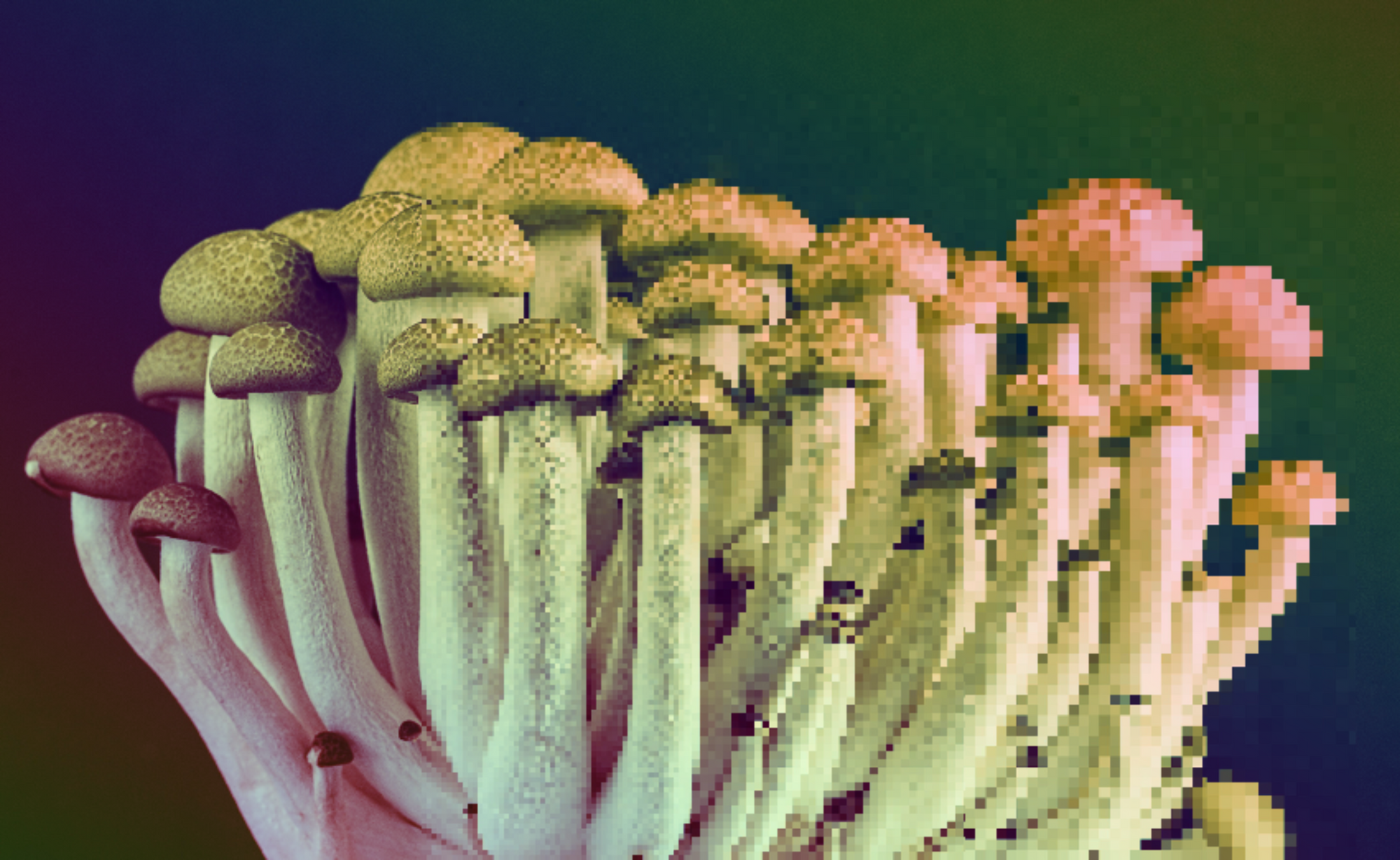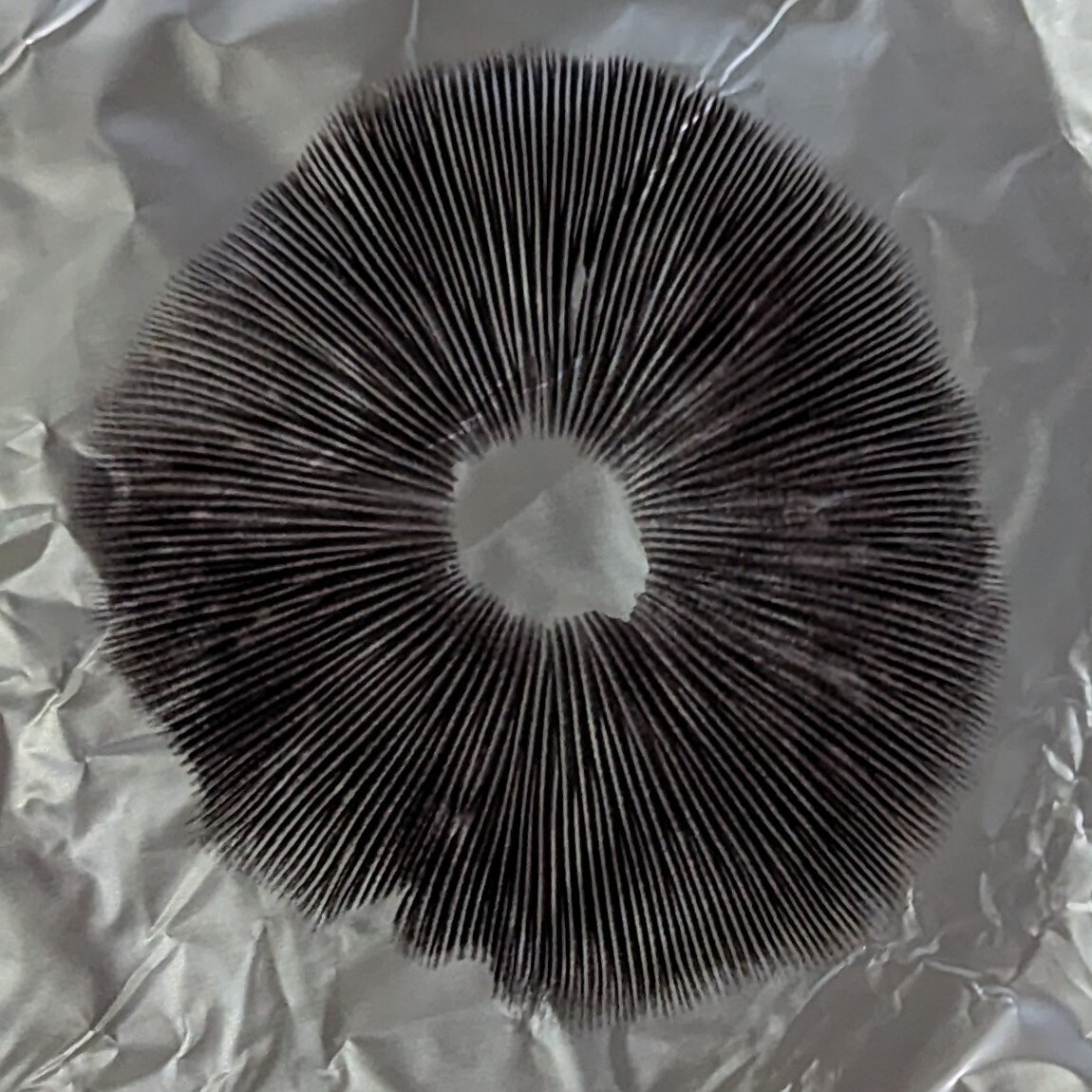cross-posted from: https://beehaw.org/post/7458945
Many mushroom identification and foraging books being sold on Amazon are likely generated by AI with no human authorship. These books could provide dangerous misinformation and potentially lead to deaths if people eat poisonous mushrooms based on the AI’s inaccurate descriptions. Two New York mushroom societies have warned about the risks of AI-generated foraging guides. Experts note that safely identifying wild mushrooms requires careful research and experience that an AI system does not have. Amazon has since removed some books flagged as AI-generated, but more may exist. Detecting AI-generated books and authors can be difficult as the systems can fabricate author bios and images. Relying on multiple credible sources, as well as guidance from local foraging groups, is advised for safely pursuing mushroom foraging.
I can’t wait the see the slew of lawsuits that include Amazon as a co-conspirator.
That’s wild that this article popped up on my feed this instant, I saw an ad for AI plant identification through your camera lens. The first thought I had was “holy shit so many people are going to die when Alexa misidentifies water hemlock as cow parsnip”.
Tbf the same thing exists for mushrooms, there are various apps. It’s dangerous to rely on them but I use them for a first idea of what I might be looking at and then go from there. Quite useful sometimes
Yeah I have nothing against the idea itself, I just know there are people out there who will trust an app 100% and never try to go from there. It’s super sad really, if some people had just a little more discernment I wouldn’t instantly have thought about people dying from it.
Amazon has been selling “Cure your stage 4 cancer with an organic diet” books for years.
Holy shit, I hadn’t even thought of that. Does Amazon have a responsibility to ensure the information it sells is at least, “commonly thought to be true”(or whatever)? What would the metric be? Who could claim jurisprudence?
IANAL, but I love the implications of case law.
Probably not because they can afford good lawyers, but they SHOULD bear some responsibility. I think if someone actually dies because of this we might see the limits of the laws tested.
i never thought about physical books getting AI generated! that’s scary.
They sometimes also claim to be written by (semi-)famous authors, so it’s also fraud.
I think these are ebooks. You can self-publish online for free so there isn’t much of a barrier to putting something out there, and hoping a few people fall for it and buy copies.
Not only ebooks. Amazon offers a print-on-demand service where you have basically no barrier to entry. You upload your book in digital form and if someone orders it, they print a copy and send it.
There’s a huge amount of trash on that service.
Oh interesting! That sounds like a nifty service if you set aside the trash.
deleted by creator
They’re already trying to kill us!!!
By “they”, do you mean AIs, or capitalists? There currently is no artificial intelligence, only things that are called that for marketing purposes. Those things are used by capitalists to, shocker one: accumulate capital, and, shocker two: capitalists don’t have a history of caring about the general wellbeing.
deleted by creator
Feel like the safe bet is to buy books that predate ChatGPT.











